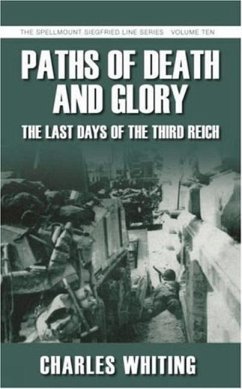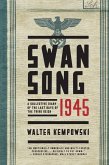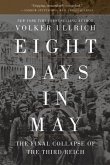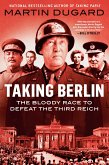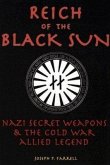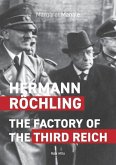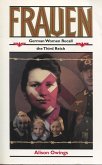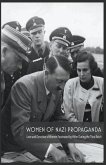This is an authoritative account of the conclusion to World War II assembled through interviews and battalion journals. It is the final volume of a classic series by Britain's most prolific military writer, all being reprinted in paperback. The author is a World War II combat veteran.On January 4, 1945, General "Blood and Guts" Patton confided gloomily to his diary "We can still lose this war." The Germans were attacking in Eastern France, Luxembourg, and Belgium. General Eisenhower's allied armies had lost over 300,000 men in battle (with a similar number of non-battle casualties) and they were still in the same positions they had first captured three months before. Veteran military historian Charles Whiting has assembled the fighting men's individual stories. From material such as interviews and battalion journals he has built up an authentic picture of the Allied fighting man, so that the reader sees and feels what it was actually like to be there. In this suspense-filled history, Whiting vividly conveys the experiences and responses of the ordinary soldier who knew that for some of his comrades the paths that would lead to glory could also lead to death.
